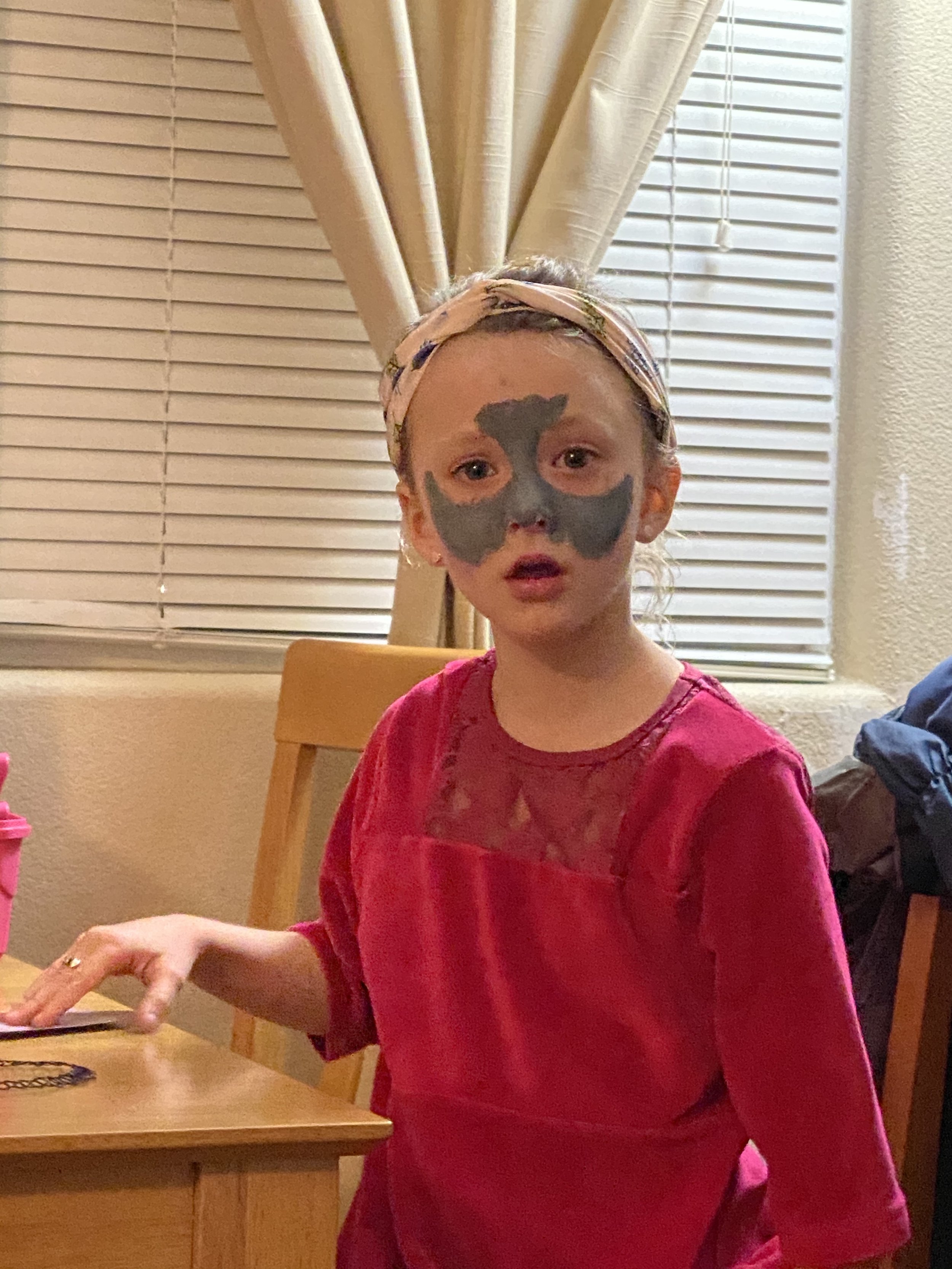Lately I’ve been thinking lately about how messy life is and how much we clean it up in our writing, especially in memoir.
Recently I read a couple of books - or should I say I ended up skimming them - about horrific life situations, one in which a woman lost her family in a terrible accident, and another about dealing with mental illness.
For the first part of the story, I was really moving along with the author. I felt their pain. And then suddenly about half-way through, there was a change to chirping about how wonderfully they were dealing with their traumas. In one case, God had neatly allowed them to wrap up all their grief and problems. The ending was even tidier: there had been meaning and everyone was doing hunky-dory.
Life isn’t like that, though, and if you pretend it is, you’re going to lose readers. If life is still happening, then there’s no real happy ending. Life isn’t over. The mental illness is still there. The family is still gone.
Contrast that with another book I recently read, The Escape Artist by Helen Fremont. In her sequel to After Long Silence, Fremont tells us right up front that her family disowned her after the publication of her first book. Then she goes back and digs through facets of her childhood that she didn’t uncover or hadn’t really seen when she was writing her first book. Why? Because she’s searching for an explanation of why the family she both loved and struggled with could cut her off.
Fremont succeeds with her book in part because she’s so honest about how she feels about her family. “Both of us preserve within us the inconsolable core of an injured child,” she writes of her sister, then elsewhere, “[my sister] had always counted on being able to jump me in my room, or to get at my diary, or to ransack my belongings when I was out.” Fremont presents her sister from every angle and her agony in trying to understand and sympathize with her is evident throughout the book.
“I don’t know how or why these windows of joy opened and closed in our lives,” Fremont writes, and again, we see that life and relationships aren’t black-and-white, and we know right off the bat that there is not going to be an easy resolution. We relate to this teeter-totter. We know life can be wonky.
A book, of course, has to have some kind of resolution. Some level of healing or progress or a decision. I remember reading Augustine Burrows’ stories years ago and his solution was simple: he decided it would be healthier for him to walk away from his emotionally sick mother and figure out his own life. That isn’t a happy ending, but it’s a resolution. Fremont manages to both distinguish and merge her sister’s inner goodness and her outer maddening behavior and she, too, decides it’s best to retain distance. Not a feel-good ending but an honest one, and for most of us, honesty is what we want.
So if you’re working on a memoir and you have an ending in mind that’s too pretty, rethink it. Even if life seems good at the moment, acknowledge that you know there are challenges ahead. Tell us about one you’re having now. Don’t risk losing readers by pretending your life is better than it really is. We all want authenticity. Work hard to let it show.

